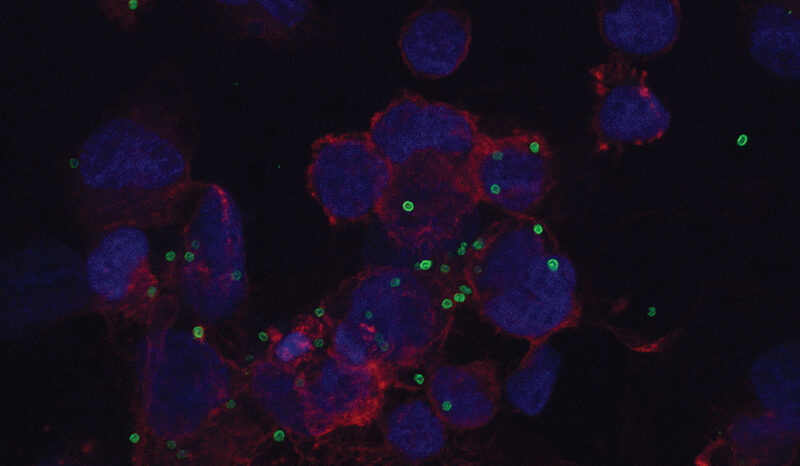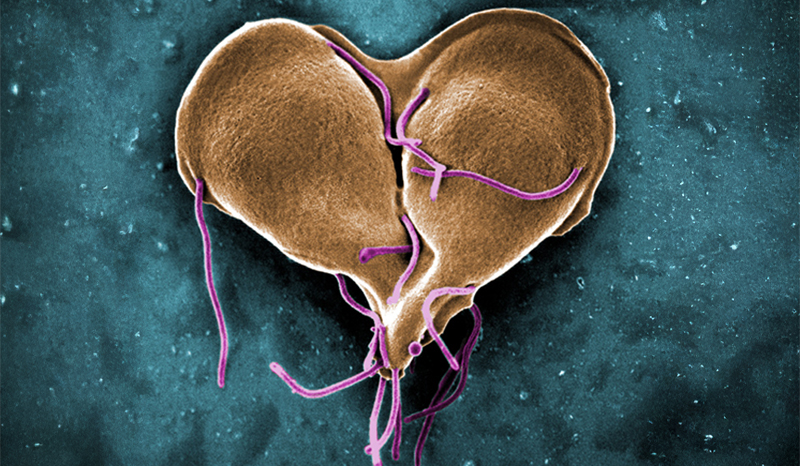Improving personalised medicine
People diagnosed with stage 1 testicular germ cell tumour are often treated with surgery alone and then closely monitored through active surveillance.
While most will have strong long-term outcomes, around one in four patients will see their cancer return within five years.
The new study found the blood-based marker miR-371 could be used to detect tiny amounts of remaining cancer after testicular surgery.
Associate Professor Ben Tran, a Senior Research Fellow at WEHI and CLIMATE lead investigator, said the results are a promising step towards improving treatment outcomes for patients with this disease.
“These early findings suggest that this blood test could become a valuable tool to personalise care for those affected by early-stage testicular cancer,” Assoc Prof Tran, also a Medical Oncologist at Peter Mac said.
“In future, we hope it will help doctors identify patients who could benefit from early additional treatment, while sparing others from unnecessary therapy.”











